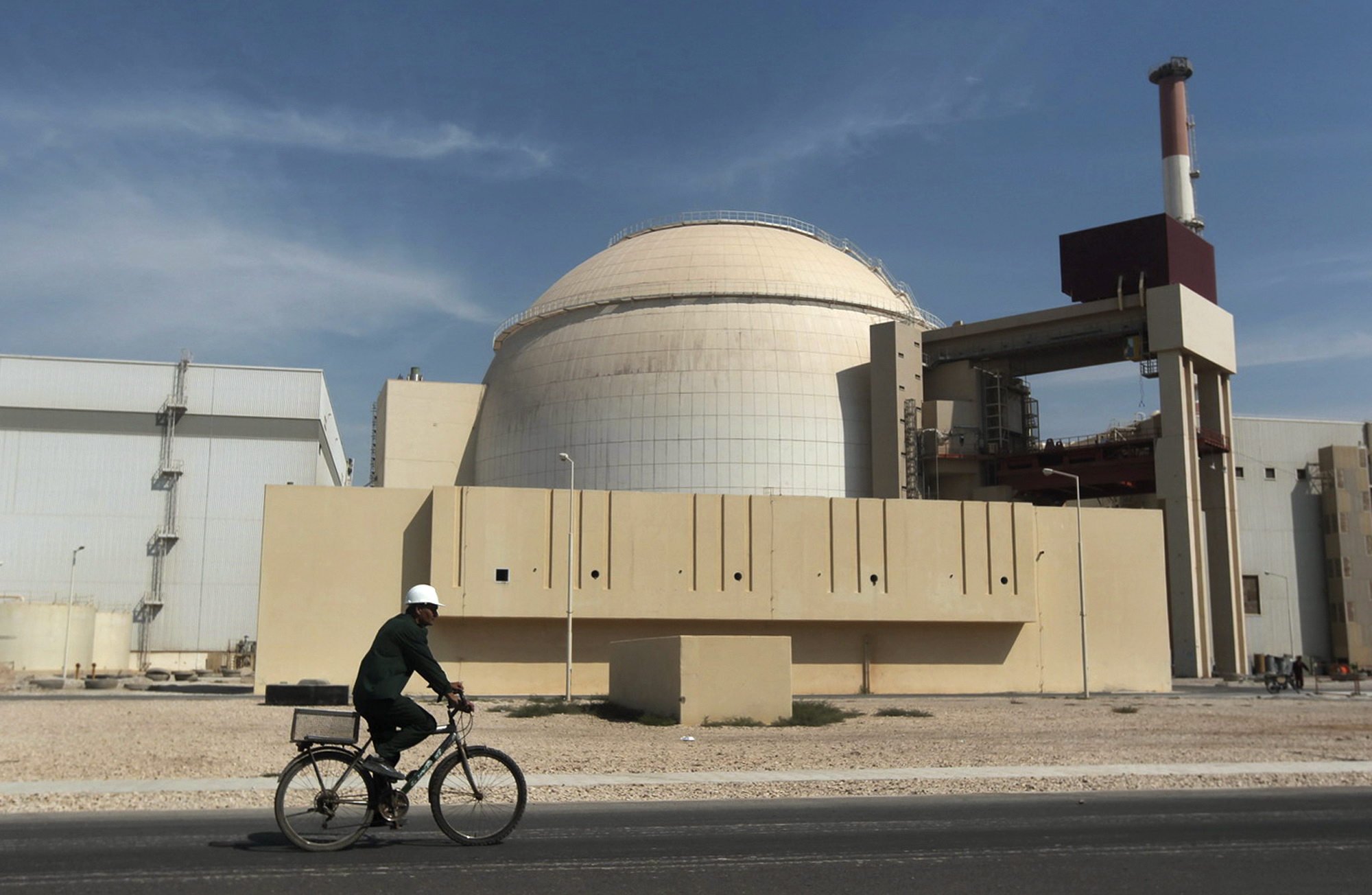GENEVA — Iran is promising a new proposal to break the deadlock over its nuclear program when it resumes talks Tuesday with the United States and five major world powers — the first since the election of a reformist Iranian president.
The U.S. and its partners are approaching the talks with caution. They are eager to test Tehran’s new style since the June election of President Hassan Rouhani but insist that it will take more than words to advance the negotiations and end crippling international sanctions.
Iran has long insisted it does not want nuclear weapons and that its nuclear program is entirely peaceful — a position received with skepticism in Western capitals. But Iranian officials from Rouhani down say their country is ready to meet some international demands to reduce its nuclear activities and build trust.
Deputy Foreign Minister Abbas Araghchi, a senior member of Iran’s negotiating team, said Sunday that Tehran is bringing a new proposal to the talks to dispel doubts about the nuclear program. While offering no details, he told Iran’s student news agency ISNA that the Islamic Republic should `’enter into a trust-building path with the West.”
“In their point of view trust-building means taking some steps on the Iranian nuclear issue, and in our view trust is made when the sanctions are lifted,” Araghchi said.
No final deal is expected at the two-day session.
However, if the Iranians succeed in building trust, the talks — including the U.S., Britain, France, Russia, China and Germany — could be the launching pad for a deal that has proven elusive since negotiations on Iran’s nuclear program began in 2003.
That would reduce the threat of war between Iran and Israel and possibly the United States. The latter two have vowed never to accept a nuclear-armed Iran.
From the six-power perspective, the ideal outcome would be for Tehran to scale back aspects of its nuclear program that many nations fear could aid in making a bomb.
That would trigger a gradual lifting of the economic sanctions on Iran.
Testing Tehran’s intentions
On the eve of the talks, a senior U.S. administration official said Washington was encouraged by Rouhani’s more moderate tone and would be testing Tehran’s intentions in the coming days.
But the official, who was not authorized to speak on the record and briefed reporters on condition of anonymity, said the United States would insist on confidence-building measures “that address our priority concerns.”
Heading Iran’s delegation at the talks is Iranian Foreign Minister Javad Zarif, a veteran, U.S.-educated diplomat who helped negotiate a cease-fire with Iraq 25 years ago. He says his country is ready to allow more intrusive international perusal of Tehran’s nuclear program.
Other Iranian officials, meanwhile, say there is room to discuss international concerns about Iranian uranium enrichment to 20 percent — a level that is higher than most reactors use for power and only a technical step away from weapons-grade uranium suitable for warheads.
Demands to reduce enrichment instead of stopping it implicitly recognize Iran’s right to enrich for peaceful purposes.
That already is a victory for Tehran, considering talks began 10 years ago with the international community calling on the Islamic Republic to mothball its enrichment program.
“It’s pretty clear that Iran will have to be allowed some degree of enrichment,” said former U.S. State Department official Mark Fitzpatrick, who now is a director at the International Institute for Strategic Studies.
“But the enrichment has to be limited.”
That could be a tough sell politically in the U.S. and Israel.
In a letter to President Barack Obama, 10 leading U.S. senators — six Democrats and four Republicans — insisted that Iran must end all uranium enrichment. Israeli Prime Minister Benjamin Netanyahu told his parliament Monday that the international community must maintain firm pressure on Iran until it quits enriching uranium.



